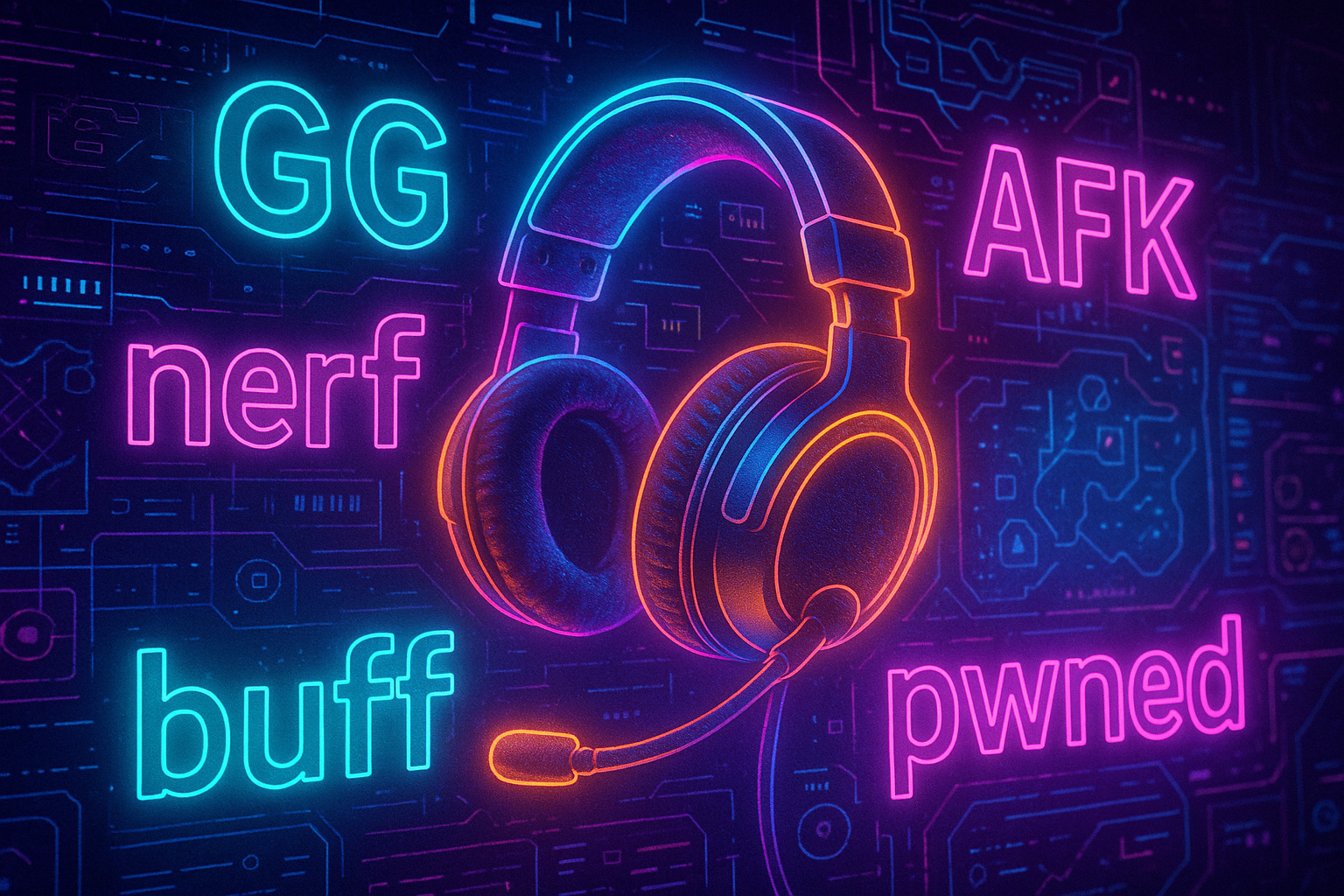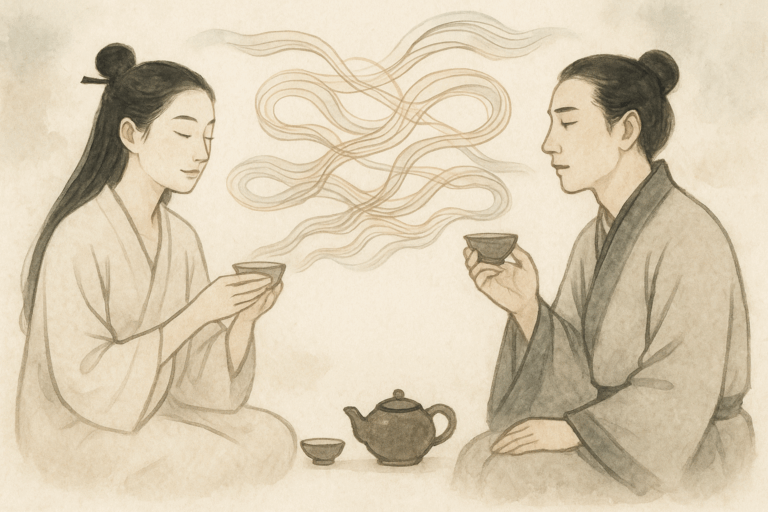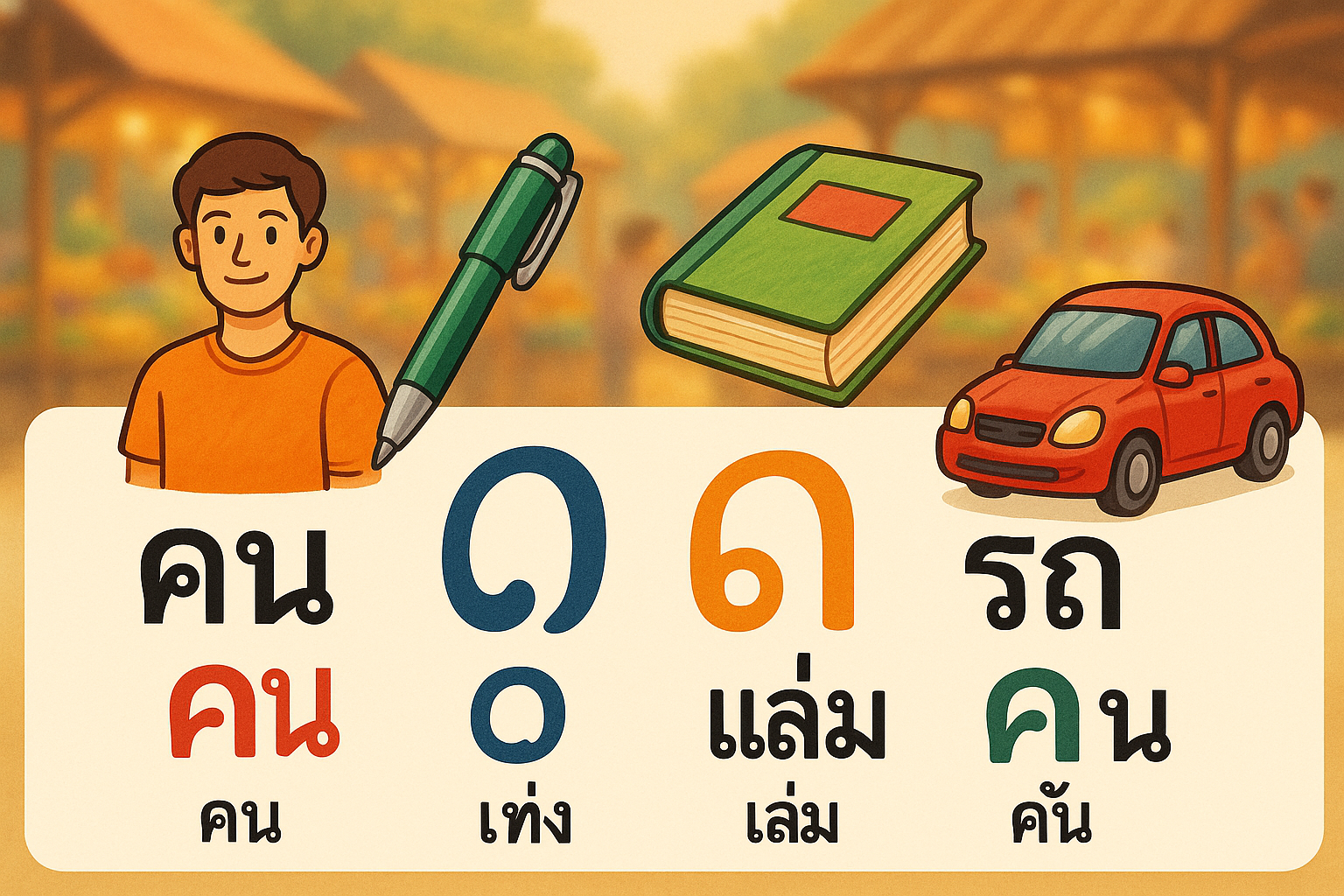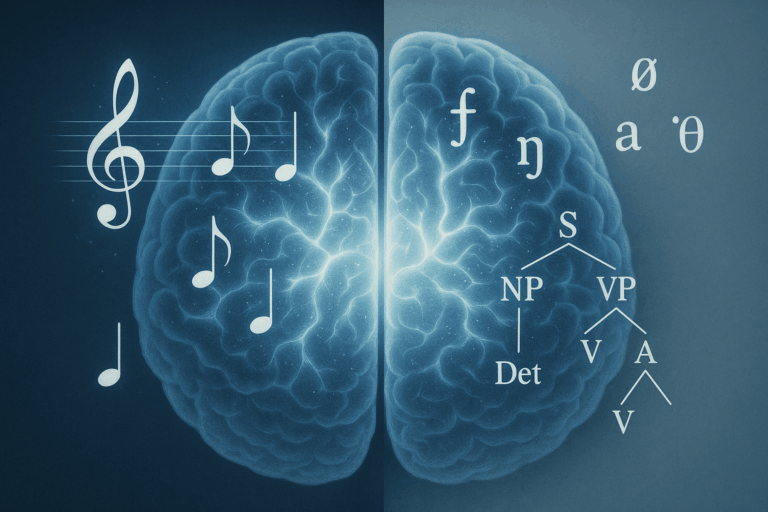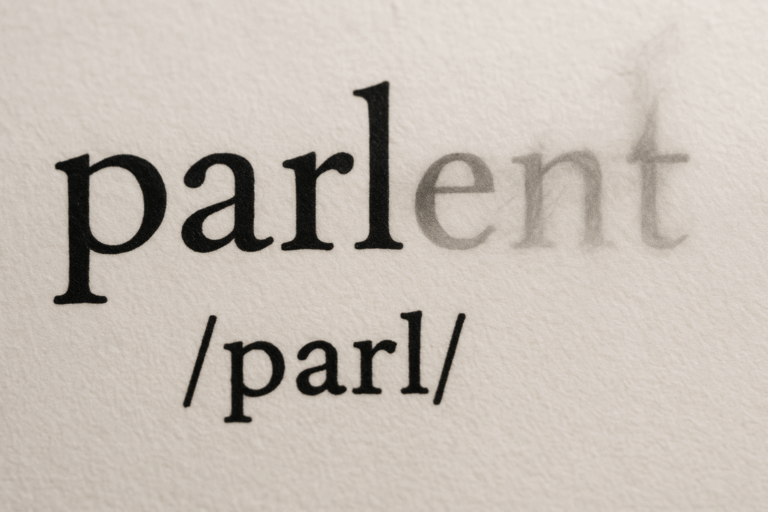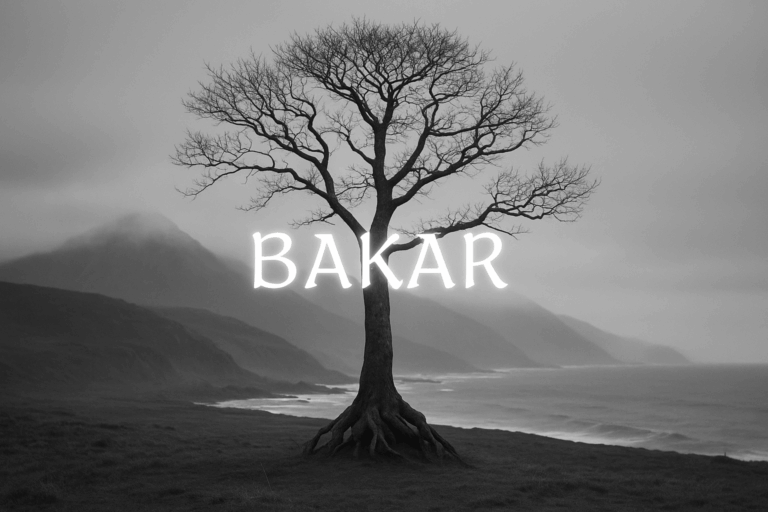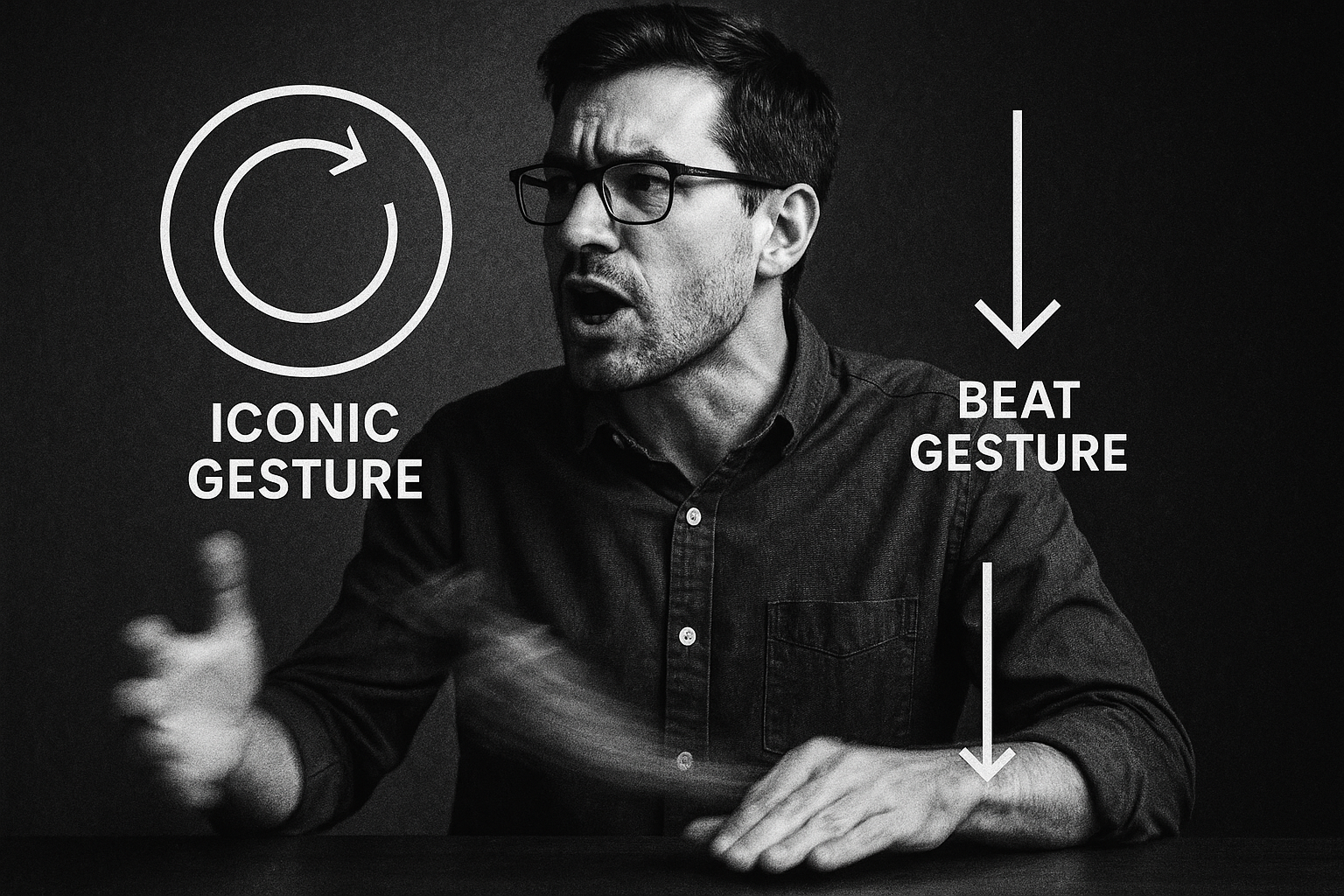You’ve just finished an intense, 40-minute match in your favorite online game. Your heart is pounding, your fingers are still tense. As the “VICTORY” screen fades, the chat box lights up. Your opponent types two simple letters: “gg.” You type them back. It’s a digital handshake, a moment of shared respect. But in another match, a different opponent types “gg ez.” The sentiment is shattered. What was once a gesture of sportsmanship has been twisted into a taunt. Welcome to the complex, fast-paced world of Gamerlect.
Online gaming communities are more than just virtual playgrounds; they are massive, global linguistic laboratories. Within these digital arenas, a distinct sociolect—a dialect specific to a social group—has emerged. “Gamerlect” is a language born of necessity, forged in the crucible of high-speed competition and collaborative problem-solving. It’s a communication system that evolves at a dizzying pace, reflecting the culture, technology, and social dynamics of its speakers.
What is Gamerlect? A Digital Sociolect Born from Need
At its core, Gamerlect is a product of its environment. When you’re trying to coordinate with four other teammates to take down a mythical beast or warn them of an impending ambush, there’s no time for formal pleasantries. “Excuse me, my dear teammate, it appears an adversary is approaching from the northern corridor” is functionally useless. “Enemy top” or “inc top” (incoming, top lane) conveys the same information in a fraction of a second.
This drive for efficiency is the foundational pillar of Gamerlect. It favors brevity, clarity, and speed above all else. This has led to a unique linguistic system characterized by:
- Aggressive use of acronyms and abbreviations.
- A specialized lexicon of game-specific and community-derived terms.
- A simplified grammar that strips language down to its essential components.
But Gamerlect is more than just efficient jargon. It’s a marker of identity. Speaking the language signals that you are part of the in-group, that you understand the culture and its unwritten rules. It’s the difference between a “newbie” (a neutral term for a newcomer) and a “noob” (a derogatory term for someone who is unskilled, often regardless of their time played).
The Gamer’s Lexicon: A Glossary of Pwnage and PogChamps
The vocabulary of Gamerlect is a rich tapestry woven from various sources, changing with every new game release and cultural shift. Its terms often spread like wildfire across genres and platforms.
Acronyms for Speed: The most basic layer of Gamerlect.
- GG: Good Game. The quintessential sign of sportsmanship.
- GLHF: Good Luck, Have Fun. A friendly opening to a match.
- AFK: Away From Keyboard. Used to inform teammates of a temporary absence.
- OP: Overpowered. Describes a character, weapon, or strategy that is unbalanced and too strong.
Typos and Leetspeak Heritage: Some of the most iconic terms arose from simple mistakes or the “leetspeak” (elite speak) culture of early internet forums.
- pwn: A typo of “own,” meaning to dominate or defeat someone decisively. The typo stuck and became a staple of gaming culture.
- noob: An evolution of “newbie,” warped into an insult.
Game-Specific Jargon Gone Global: Many terms originate in one genre before being adopted by the wider community.
- Buff / Nerf: From the world of MMORPGs like EverQuest and World of Warcraft. To “buff” something is to make it stronger (e.g., a software patch increases a character’s health), while to “nerf” it is to make it weaker (like hitting it with a soft foam NERF bat).
- Ganking: Short for “gang killing,” this term from MOBAs (Multiplayer Online Battle Arenas) like League of Legends describes the act of ganging up on an isolated opponent.
- Camping: A term popularized by first-person shooters (FPS), it refers to a player staying in one strategically advantageous spot to ambush opponents.
The Influence of Streaming Culture: Platforms like Twitch have become powerful engines for linguistic innovation.
- Pog / PogChamp: Originating from a Twitch emote featuring the surprised face of streamer Ryan “Gootecks” Gutierrez, “pog” has become a universal expression of excitement, hype, or an impressive play.
- F in the chat: From a quick-time event in Call of Duty: Advanced Warfare that prompted players to “Press F to Pay Respects.” The phrase is now used across the internet, often humorously, to show sympathy or acknowledge a failure.
Grammar in the Fast Lane: Efficiency Over Everything
The grammar of Gamerlect is ruthlessly pragmatic. It follows a simple rule: if it’s not essential for meaning, cut it. This results in a communication style that can seem cryptic to outsiders but is perfectly clear to its users.
This includes the omission of articles (a, an, the), pronouns, and auxiliary verbs. A player won’t type, “The enemy is pushing the middle lane.” They’ll type, “enemy push mid.” A request isn’t, “Could you please heal me?” It’s “heal.”
We also see frequent verbification, where nouns are turned into verbs. A “cheese” is a cheap, unconventional strategy. To “cheese” someone is to use that strategy against them. “Grief” is a state of sorrow, but in gaming, “to grief” is the act of deliberately ruining the game for other players.
This isn’t “bad grammar”; it’s a context-specific grammar optimized for its function, much like the abbreviated language used by air traffic controllers or emergency room doctors.
The Unwritten Rules: The Pragmatics of ‘GG’ vs. ‘GG EZ’
Perhaps the most fascinating aspect of Gamerlect is its complex system of unwritten social rules, or pragmatics. The meaning of a word is often determined entirely by context and intent. The ultimate example is the dichotomy of “GG” and its toxic cousin, “GG EZ.”
GG (Good Game): When typed at the end of a match, this is the digital handshake. It signifies respect for your opponent’s skill and time, regardless of who won. Typing “gg” as the loser is a sign of grace. Typing it as the winner is a sign of humility.
GG EZ (Good Game, Easy): This phrase takes the symbol of sportsmanship and weaponizes it. By adding “EZ,” the winner mocks the loser, dismissing their effort and skill. It’s considered one of the most unsportsmanlike and toxic phrases in gaming, turning a moment of potential community into one of division and frustration.
This single example reveals the depth of Gamerlect’s social code. Other examples include:
- “Salty”: Used to describe a player who is bitter or upset after a loss. Calling someone “salty” is a way of dismissing their complaints as poor sportsmanship.
- “Griefing”: The act of intentionally disrupting the game for others, often including one’s own teammates. This is the ultimate violation of the social contract in cooperative gaming.
- “WP” (Well Played): Acknowledging a skillful move by an opponent or teammate. It’s a micro-gesture of respect that fosters a positive atmosphere.
A Linguistic Laboratory in Real-Time
Traditional language change is a slow, generational process. Gamerlect throws that timeline out the window. Because its communities are global, hyper-connected, and constantly interacting, new terms can be born, adopted, and spread worldwide in a matter of weeks. A new popular game, a viral streamer moment, or a weird glitch can permanently alter the lexicon.
Gamerlect is a living, breathing testament to the adaptability and creativity of human language. It shows us how communities, even digital and anonymous ones, instinctively create systems to foster identity, communicate efficiently, and negotiate complex social rules. So the next time you hear a gamer drop a string of seemingly nonsensical acronyms, remember you’re not just hearing slang. You’re witnessing a linguistic ecosystem evolving in real-time.
